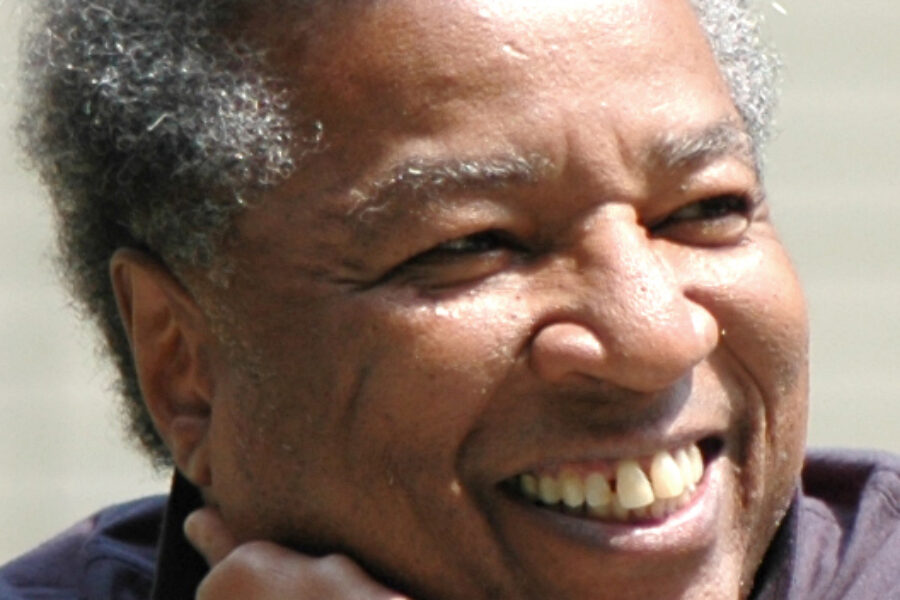Overview
From the composer: Nature’s Way for intermediate level band was commissioned by BandQuest, a project initiated by the American Composers Forum. Their mission is for major composers of national reputation to write works of high quality that take into consideration the (still comparatively limited) levels of musical development–both technical and conceptual–typical of such ensembles. I eagerly accepted the commission and the challenges implied thereby–that is, to reign in my creative imagination to some extent and limit the technical/conceptual demands to a more moderate level than is to be found in my previous compositions for band. Nonetheless, since the process of rehearsing, studying and performing a work created specifically for the school student market is–and must be, in my view–primarily educational, it was very clear to me that my work would (and should) challenge the players at least to their top levels, and even a little beyond that. Thus Nature’s Way in no way represents a compromise of my personal style, nor my long held concepts of form, continuity, texture, and instrumentation. I have known for a long time that young, inquisitive minds are eager to learn from new experiences, from previously never encountered challenges, that is to say, to be pushed–gently–to rise above their present levels of achievement. That’s what education is all about.”
Instrumentation
1- Conductor
1- Piccolo
4- Flute 1, 2, 3
2-Oboe 1, 2
1-English horn
3-Bassoons
1-E flat clarinet
4-B flat clarinet 1, 2, 3
2-E flat alto clarinet 1, 2
2-B flat bass clarinet 1, 2
2-E flat alto saxophone 1, 2
2-B flat tenor saxiphone 1, 2
2-E flat baritone saxophone
4-B flat trumpet 1-4
4-B flat trumpet 5-8
2-F horn 1, 2, 3, 4
2-Trombone 1, 2, 3
2-Baritone B.C.
2-Baritone T.C.
2-Tuba 1, 2
1-String bass
1-Percussion 1: Marimba, Medium Tom Tom, Small & Medium Gongs
1-Percussion 2: Chimes, Medium Tam-Tam, Large Cymbals, Crotales, Bass Drum, Marimba
1-Percussion 3: Medium & Large Cymbals, Small & Medium Tom Toms, Snare Drum, Chimes, Crotales
1-Percussion 4: Medium Gong, Small Gong, Timpani, Small & Large Triangles, Large Cowbell, Medium & Large Cymbals, Suspended Cymbal
1-Percussion 5: Glockenspiel, Large Temple Block, High Suspended Cymbal
1-Percussion 6: Vibraphone, Snare Drum, Large Tam-Tam
Meet The Composer
The son of German immigrants, Schuller was born in New York on 22 November 1925. He studied flute, horn, and theory, advancing rapidly enough as a hornist to join the Cincinnati Symphony as principal horn at 17 and the orchestra of the Metropolitan Opera at 19. Schuller became actively involved in the New York bebop scene, performing and recording with such jazz greats as Dizzy Gillespie, Miles Davis, and John Lewis. At the age of 25, Schuller taught at the Manhattan School of Music, beginning a distinguished teaching career; his positions have included Professor of Composition at the School of Music at Yale, President of the New England Conservatory of Music in Boston, and Artistic Director of the Tanglewood Berkshire Music Center and The Festival at Sandpoint (Idaho). His love of a wide range of American music guides the activities of his recording company, GM Recordings. G. Schirmer recently acquired his Margun and GunMar publishing companies. He also serves as Editor-in-Chief of the forthcoming Smithsonian Jazz Masterworks Editions, co-director (with David Baker) of the Smithsonian Jazz Masterworks Orchestra, and music director of the Spokane Bach Festival.
Schuller has written more than 160 original compositions in virtually every musical genre, including commissions from the Baltimore Symphony, Berlin Philharmonic, Boston Symphony, Chicago Symphony, Minneapolis Symphony, National Symphony, and the New York Philharmonic. Recent premieres include Encounters by the New England Conservatory (October 2003), String Quartet No. 4 by the Juilliard String Quartet (September 2002), Concerto da Camera No. 2 by Orchestra 2001 (April 2002), Quodlibet by the Rockport Music Festival (June 2001), Saxophone Sonata by Kenneth Radnofsky in New York City (December 1999), as well as his 1994 Pulitzer Prize-winning work Of Reminiscences and Reflections for the Louisville Orchestra; An Arc Ascending for the American Symphony Orchestra League and the Cincinnati Symphony; and The Past is in the Present, also for the Cincinnati Symphony.
Schuller gathered together a lifetime of observations on conducting in his book, The Compleat Conductor (Oxford University Press). His extensive writings, on a variety of subjects ranging from jazz through music performance, contemporary music, music aesthetics, and education, have been issued in the collection, Musings: The Musical Worlds of Gunther Schuller. His monumental jazz history, The Swing Era, was published in 1989. Among Schuller’s many awards are: the Pulitzer Prize (1994); the Gold Medal for Music from the American Academy of Arts and Letters (1997); the BMI Lifetime Achievement Award (1994); a MacArthur Foundation “genius” award (1991); the William Schuman Award (1988), given by Columbia University for “lifetime achievement in American music composition;” and ten honorary degrees. His music is published by Associated Music Publishers. —From the G. Schirmer website
About The Premiere
This piece was premiered March 16-18, 2006 by the Lexington High School Band of Massachusetts at the Mass. Music Educator’s Association Convention with director Jeffrey Leonard, conducted by the composer.
Watch/Listen
Related BandQuest Compositions
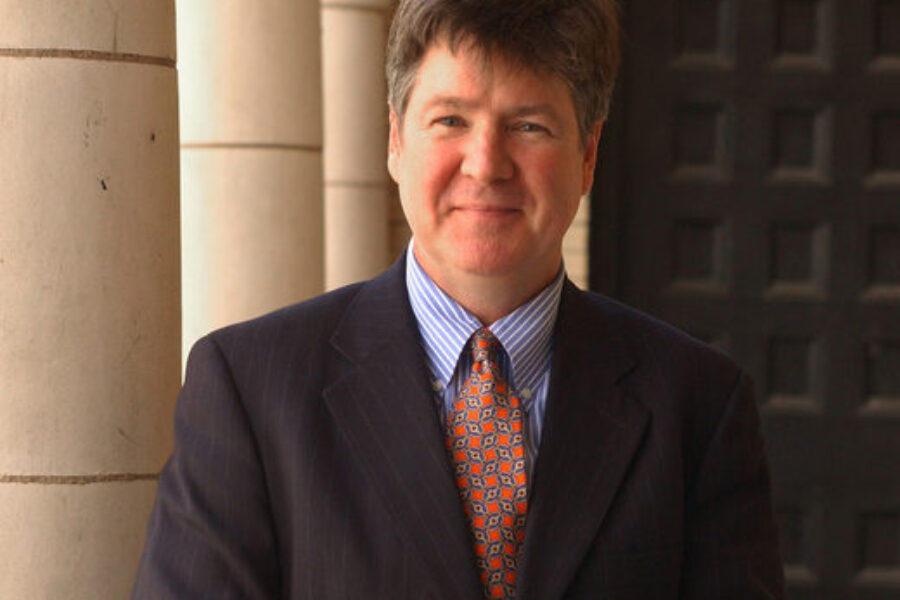
Scalin’ and Wailin’

Pop!

Steps Ahead

City Rain
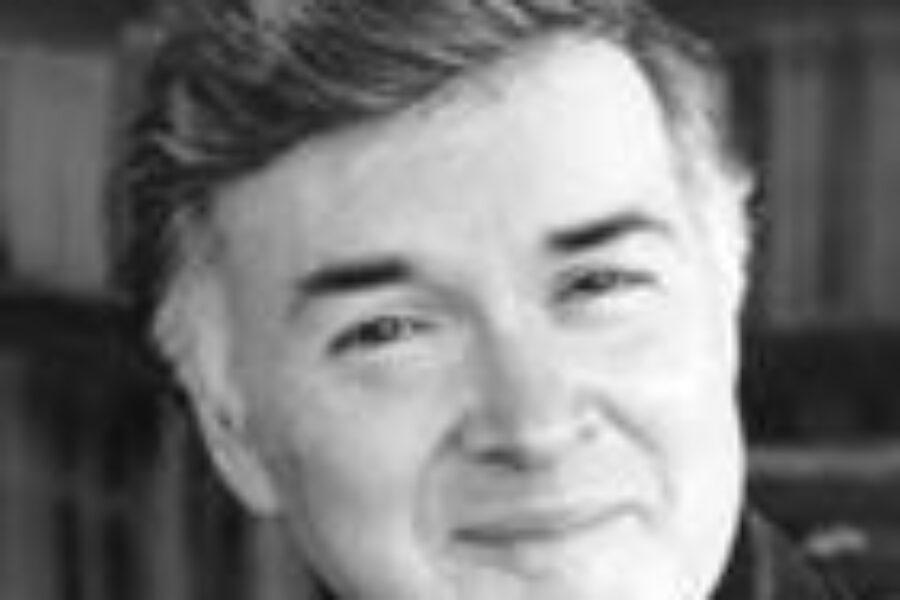
Smash the Windows

Eye of the Hawk
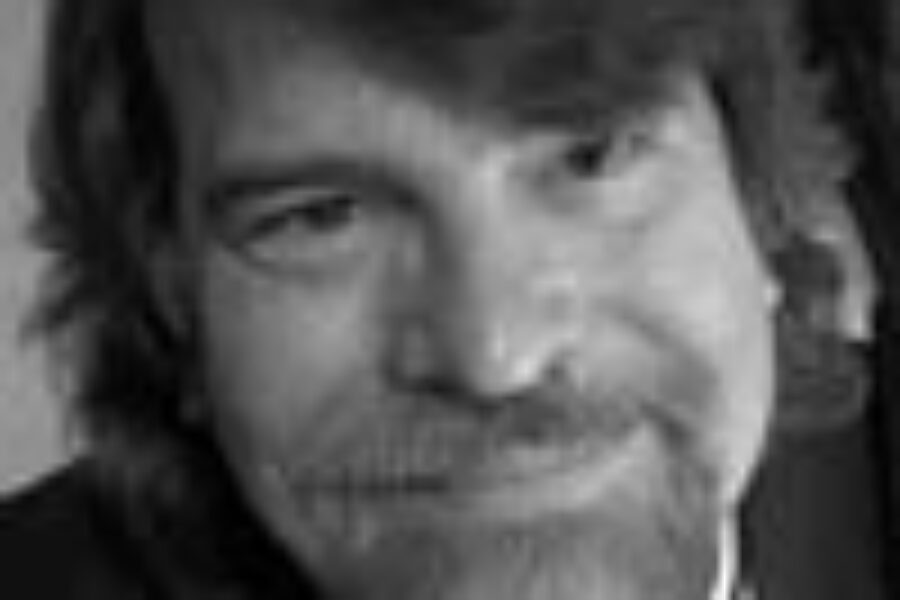
Ghost Walk

Spring Festival

Odysseus and the Sirens
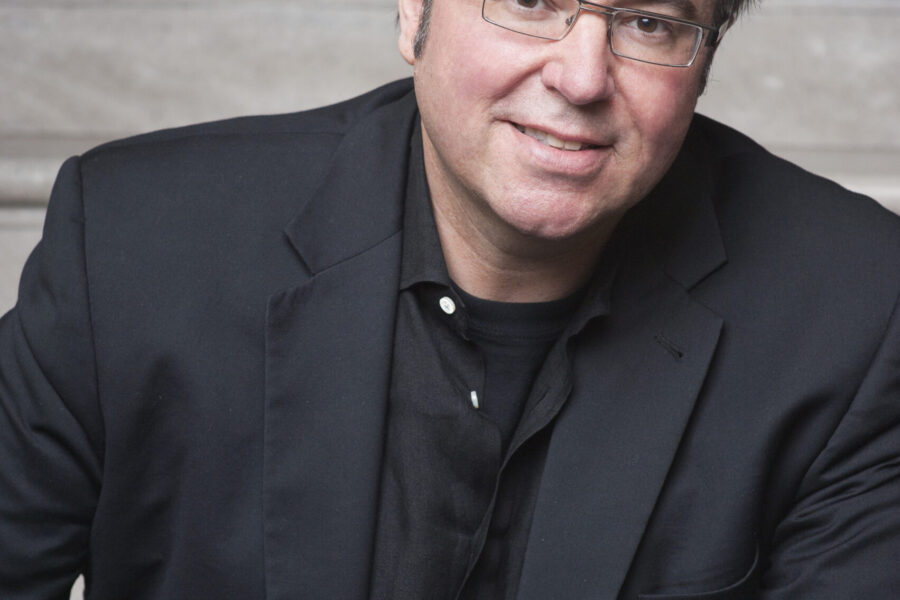
Sweet like that

Deep Dish

Paper Cut
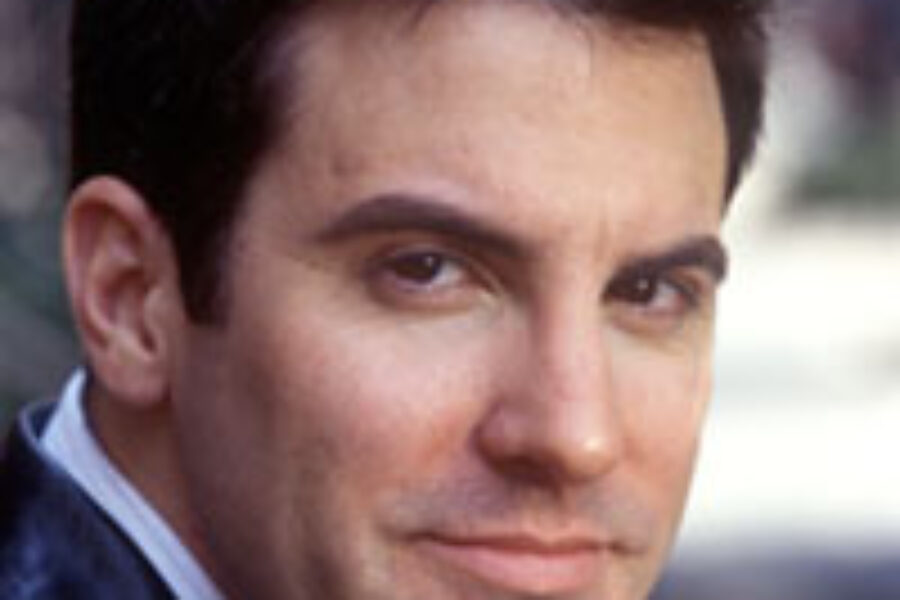
Charm

Mosaic

Nonantum Bulgar

Alegre

Hambone

Rhythm Stand
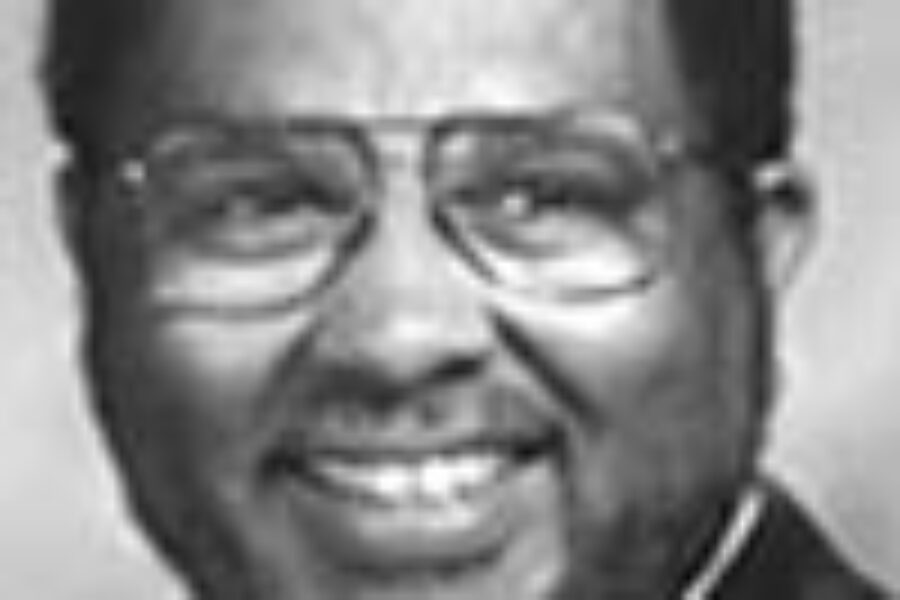
New Wade ‘n Water


Grandmother Song

Old Churches

Letter from Sado
